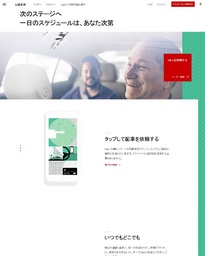Abstract
On January 18, 2016, as he faces the press to announce the relaunch of Uber’s premium service, UberBLACK, in Seoul, Calving Kang, Uber Korea’s General Manager, cannot help but feeling anxious about the future. Although he has spent the last ten months working with the city to redesign the service in compliance with local regulations, the memory of the violent crisis he had to manage less than a year ago is still very vivid. The Korean market is known to be particularly tough for foreign companies, and Uber has experienced it the toughest way. Kang is prepared to fight back, but he also knows the market is not the way Uber left it. Right after Uber was evicted from the city, the giant Korean corporation Kakao launched its own taxi-hailing application. Helped by the popular messaging application KakaoTalk’s 30 million users, Kakao Taxi has received more than 50 million calls since the launch. For Kang, it makes no doubt that Uber has to bet on its international presence to build a sustainable competitive advantage against its chaebol rival and build its own customer base in Korea.
Detailed information
| Case ID | 16-1048 |
|---|---|
| Published | 2016 |
| Industry | COMMON TAXICAB OPERATORS |
| Analyzed Area | Marketing |
| Pages | 28 |
| Language | English |
| Teaching Note | Attached |

 Brochure
Brochure
 Info Session
Info Session
 Application
Application
 Alumni Voices
Alumni Voices






